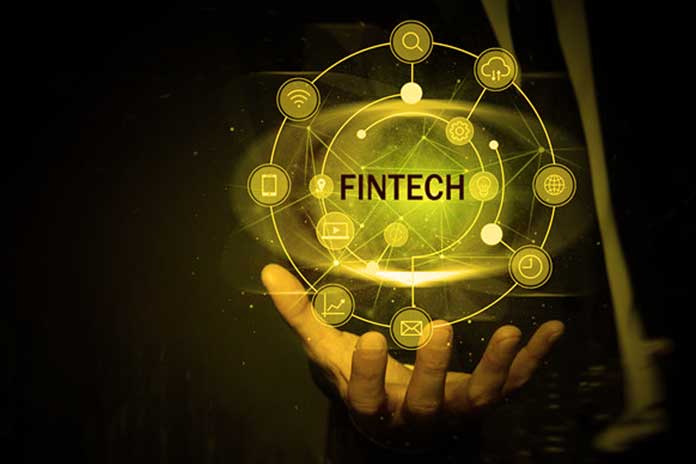Table of Contents
Fintech And Insurtech: The Market Is Facing A Turning Point
Fintech and insurtech are two sectors that are progressively growing globally. In this brief study, we will identify precisely what we are talking about and what is the state of the art of these sectors in Italy. Because, whatever happens, technological innovation is transforming these sectors at a brisk pace. We must understand that these concepts hugely impact traditional business models when we talk about the sharing economy, blockchain technology, cyber security, the Internet of Things, and machine learning processes.
Fintech: Definition
When we talk about fintech, we refer to those contexts in which technology and financial services come together. For this reason, the definition of fintech includes different products and services developed by companies with different histories, which often have few common characteristics.
However, if we want to define a minimum common denominator for many companies operating in the fintech sector, we can discuss their mission. What unites many companies in this sector concerns improving the general quality of the financial services offered and more excellent proximity to consumer requests. In other words, when it comes to fintech, every product shipped to the market is born with particular attention to the customer’s needs and demands.
Fintech And Banks
In this sector, we are witnessing some increasingly recognizable dynamics – fintech works mainly by existing disaggregating proposals to create new markets for new offers. The underlying logic is no longer unbridled market competition but convergence. The new fintech companies created are born at the point of intersection between different already established realities. Using banking information is essential in this sense: profit opportunities increase by creating a new network where multiple financial institutions are connected. Fintech and banks are in a position of mutual reciprocity – a fintech startup without the help of a traditional financial institution sees its firepower drastically reduced.
Insurtech: Meaning
The term insurance comes from the fusion of insurance (insurance) and tech (technology). Therefore, the meaning of the term frames a whole series of innovations introduced at a technological level in the insurance sector. New features are designed to make the insurance world more efficient, keeping up with market demands. An example? Using technologies that combine data analysis and artificial intelligence, we can have quality insurance products at more competitive prices.
Examples Of Insurtech
Innovation often passes through simplification and availability to the end customer. Many insurance companies have improved their services simply by including chatbots and remote identity recognition and validation systems. Or they’ve developed smartphone apps that go beyond the functionality found on websites.
Insurtech And The Internet Of Things
The ability to access more and better data, achieved mainly through the IoT, is one of the drivers behind the Insurtech phenomenon. This amount of data, if well managed, allows insurance companies to be more efficient in their internal procedures but, above all, to offer better products and services to ever more demanding customers. Let’s take an example from the automotive industry: with sensors inside the vehicle. Insurers know when and how a person is driving.
The risk associated with someone who consistently exceeds the speed limit and who only uses the car to take their children to school or go shopping is different from someone who, for example, often takes the motorway or goes out at night on weekends. Many believe that auto insurance prices will drop due to new technologies. Improved efficiency in complaint processing translates into greater customer satisfaction; we are therefore moving towards the creation of products for micro-events and towards the need to respond to contextual conditions.


